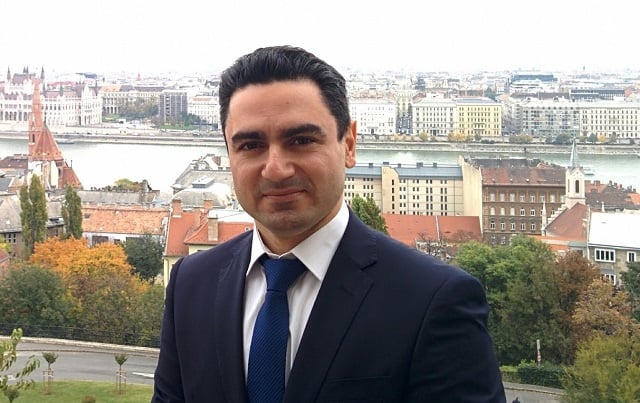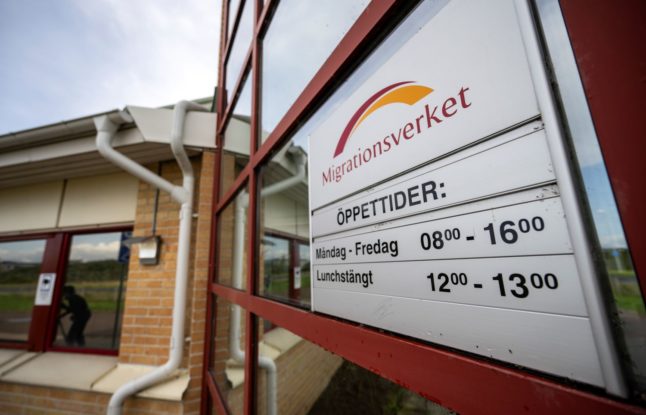Sweden's Migration Court on Thursday threw out the Migration Agency's decision to block Omumi from submitting a new work permit after his former got rejected because one of his previous employers had made “a clear administrative error” related to his insurance.
The 39-year-old Omumi, who works for major Swedish engineering company ABB, was ordered to leave Sweden in April last year because a previous employer had made an error over his health insurance.
After being forced to leave, both he and ABB hoped he could return quickly by applying for a new work permit from overseas, but this was denied by the Migration Agency last October, because they judged the application to have been made “after too short a time” following the earlier rejection.
The Centre for Justice has previously accused the Migration Agency of applying an informal “six-month rule” which it argues is not supported by law or precedent, and putting workers in a “talent quarantine” abroad, which can leave them waiting years before new applications are not automatically rejected.
And on Monday, the Migration Agency published a legal position paper which stated a new work permit could not be granted until seven years after the first one.
This means that an international employee who has had a Swedish work permit for the past four years, but gets rejected when they apply to renew their permit and is therefore told to leave the country, will have to wait at least three years before being able to reapply for a new work permit in order to return to Sweden.
READ ALSO:
- What getting deported from Sweden (twice) taught me about life and business
- Lebanese entrepreneur wins fight to stay in Sweden
- What to do if your work permit renewal is rejected
“Today's ruling is important because it clarifies that the Migration Agency has no basis in law to deny deported workers the possibility to reapply for a new work permit,” Fredrik Bergman, head of the Centre for Justice, told The Local on Thursday.
“This is actually the 18th time the Migration Agency's made up 'six-month' or 'quarantine-rule' is disapproved by a migration court. It's time for the Migration Agency to reconsider its unlawful practice of blocking working migrants to come back to Sweden.”
Bergman added: “Ali is very relieved and is looking forward to coming back to his work in Sweden together with his family in due time.”
He said that the court judgment “does not mean that the legal position [put forward by the Migration Agency] is void, but it definitely weakens it”.
Omumi's case was debated in parliament after an MP read about the engineer in The Local and has also been brought up by organizations such as the Diversify Foundation.
Liberal Party MP Mats Persson told The Local on Thursday: “This shows that the Swedish rules for labour immigration are outdated and not in line with the rule of law. I'm pleased Ali gets to stay.”
The sales engineer's work permit application will now be sent back to the Migration Agency to consider, but it is expected to be approved.
READ ALSO: 10 things Sweden should do to make life better for international talent



 Please whitelist us to continue reading.
Please whitelist us to continue reading.
Member comments